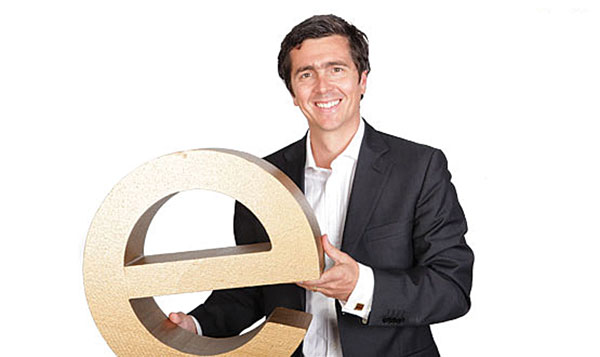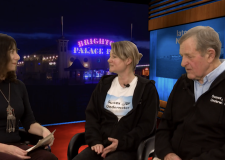Frank le Duc: The Vote

Jonathan Serjeant
EPIC initiative by Brighton and Hove’s family doctors could start to heal pain of inspectors’ inadequate A&E rating
Brighton and Hove’s family doctors are recruiting helpers to ease the pressure in their surgeries and keep people out of hospital. They hope more than 60 volunteer care navigators or community navigators will give patients suitable guidance in cases where it is more appropriate than a doctor’s appointment. The volunteers will “signpost” people to services in their local community.
Two local charities – Age UK and Impetus – are recruiting the community navigators to work with 18 surgeries. The new roles are part of a pilot scheme funded with £1.8 million from the Prime Minister’s GP Challenge Fund. The project – known as EPIC (Extended Primary integrated Care) – also relies on support from nurses and pharmacists in dealing with more minor ailments and medicine reviews.
The GP surgeries are working in four “primary care modules” supported by Brighton and Hove Integrated Care Service (BICS). They hope the changes will improve access for patients, meaning more same-day appointments between 8am and 8pm Monday to Friday. They will also offer appointments for six hours a day at weekends. The Brighton Station Walk-in Centre, which is open longer at weekends, is the trailblazer.
They also hope the volunteer care navigators will free up GPs to spend more time on patients with complex needs. In turn it is hoped this will prevent some of those patients from clogging up Accident and Emergency (A&E) at the Royal Sussex County Hospital.
The Royal Sussex needs the help. The hospital requires improvement, according to the Care Quality Commission. The CQC also rated A&E as ‘inadequate’. In response, hospital boss Matthew Kershaw said: “We need to be bold and act quickly to tackle the system-wide issues which have been impacting on so much of what we do for too long.” Those issues included access to GPs.
“There appears to be a real momentum gathering in the GP community to do something different and a recognition of the need to change”
The government has spent billions of pounds on IT for the NHS. Yet the NHS Choices website lists email addresses for just eight GP surgeries in Brighton and Hove and none for individual doctors. Forget 21st-century communication. Patients are expected to stick to methods from the 1800s.
Who can bring about change? BICS clinical director Jonathan Serjeant is building a reputation for innovation in the conservative world of general practice. And he seems able to lead change even when he meets resistance.
In the local application to the Prime Minister’s GP Challenge Fund, backing came from the chief executive of the Brighton and Hove Clinical Commissioning Group Geraldine Hoban. CCGs were set up to give family doctors more say over local health services. Ms Hoban said: “There appears to be a real momentum gathering in the GP community to do something different and a recognition of the need to change.”
One change could involve tackling public perceptions. At least one critic believes that doing something different means asking volunteer helpers to divert “doctor botherers” to nurses, chemists or charities. If so, GPs will have succeeded only in further insulating themselves from the public. But in Brighton and Hove this is not their aim. The EPIC project is more about managing rising demand while funding is relatively static compared with, say, ten years ago.
GPs may be busy but some believe over the past ten years they have become much better paid while taking much less responsibility. It may not be true. But it is rare to hear family doctors publicly defend their position since surgeries have no longer provided 24-hour care. Yet the 2004 GP contract made it unrealistic for surgeries to keep offering out-of-hours care.
It will be interesting to see whether community navigators can find a way to help patients and practices to a better place. Nurses and pharmacists undoubtedly can, even if they take on more work in the process. But unless more family doctors extend their hours – and surgeries communicate more efficiently with patients by phone and email – there is a danger that the £1.8 million will be wasted. If anyone can ensure that it’s not, surely it is Dr Serjeant.





















